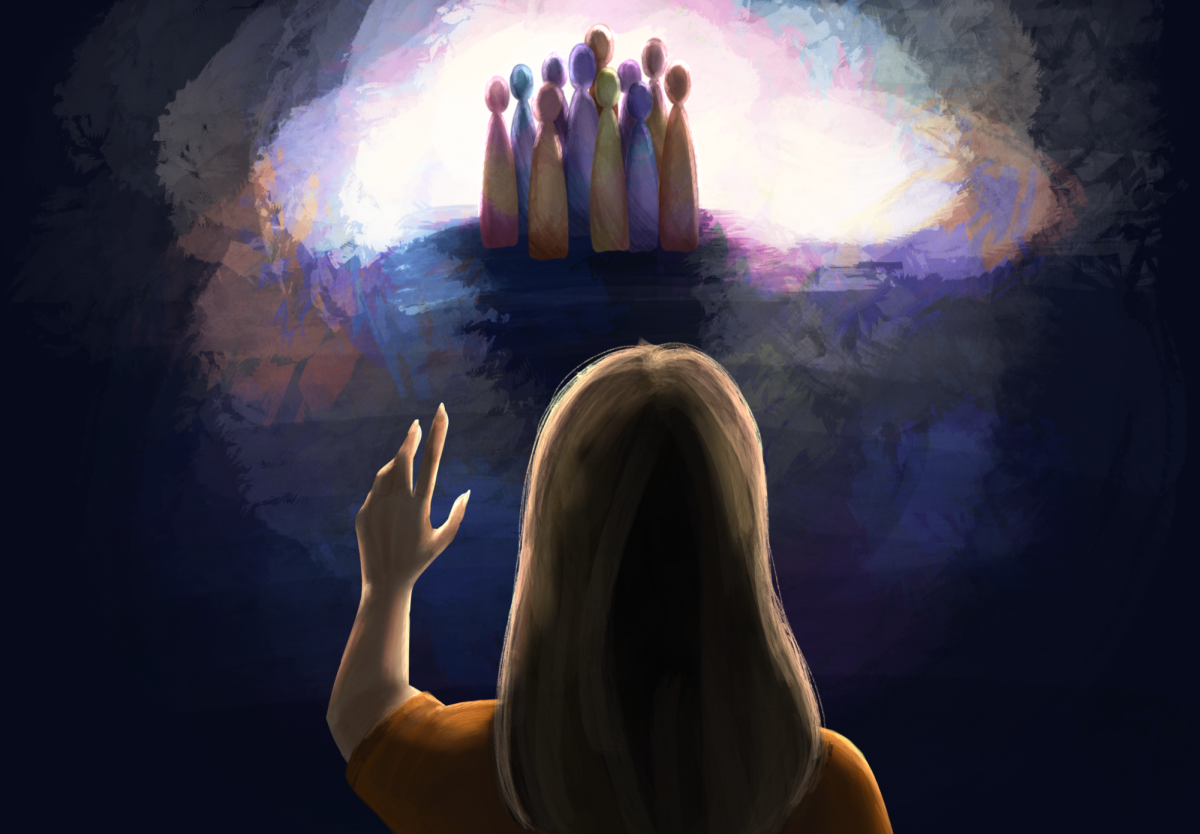On Saturday, the Longhorns trounced New Mexico 45-0. Hours before, Tulane University safety Devon Walker sustained a broken neck and a collapsed lung in a game against the University of Tulsa.
Injuries are nothing new to football. The latest player to take the sports world by storm, however, is chronic traumatic encephalopathy (CTE) . For those who may have missed the abundant coverage of the subject in recent years, CTE is a degenerative disease caused by repeated head trauma, often resulting in dementia, aggression and depression. It’s behind the NFL’s current “concussion crisis,” featured on ESPN but conspicuously absent from the Longhorn Network.
Football players at every level are at risk for CTE. Each year, in practice and in games, our beloved Longhorns are exposed to play after play in which they risk head injury, thereby increasing the likelihood that they’ll experience brain damage and premature death. The glorification they receive in return must be appealing, because they’re paying a significant physical price for it.
It’s not just UT’s enormous fan base that’s offering these players a taste of glory. Head coach Mack Brown is widely recognized as one of college football’s best recruiters. At least the defenders of his $2 million salary increase, pushing him to number one on the 2011 list of highest-paid college coaches, claim it as justification. rown is a powerful and persuasive figure.
I can only imagine how thrilling it must be, as a high school athlete, to be pursued by a big-name college like UT. Not possessing any athletic talent myself, I’ve never experienced the intense pressure of having an athletic program court me, but I’m sure it could get overwhelming very quickly. The prospect of fame and wealth, however distant, is part of the promise of high-level sports such football, whether explicitly discussed or not. It’s safe to assume excitement and hope floods into the (still healthy) mind of any football player skilled enough to be recruited by the University of Texas.
For that reason exactly, the UT recruitment staff needs to be straightforward about the risks of playing college ball. I would argue that Brown has an ethical obligation to remind potential players of the intense physical harm they may receive as a part of the UT football program, both immediate and further in the future. He should make it clear, for example, that in 2010 running back Tre Newton had to quit the team after sustaining multiple concussions. And then in 2011, amid constant migraines and other warning symptoms, safety Nolan Brewster did the same .
The immediacy of injury isn’t the only danger these players face, either. A few weeks ago, UT journalism professor Robert Jensen wrote a fiery article in the Austin Post decrying the Longhorn football program for neglecting its players in the academic sphere. He has a point. Only a small minority of UT players will go on to make a living playing professional football. Potential recruits have the right to hear just how slim those chances are, to bring some of the dizzying highs of recruitment season closer to the ground.
UT football is a long and exciting tradition. Just how long that tradition lasts will be determined by how the sport responds to the concussion crisis. It’s in Mack Brown’s best interest to make sure that UT does all it can to be ahead of the curve on this one. UT football’s success moving forward as an institution is directly proportional to the longevity of its players’ healthy, productive lives.
Walters is a Plan II junior from Houston.

















